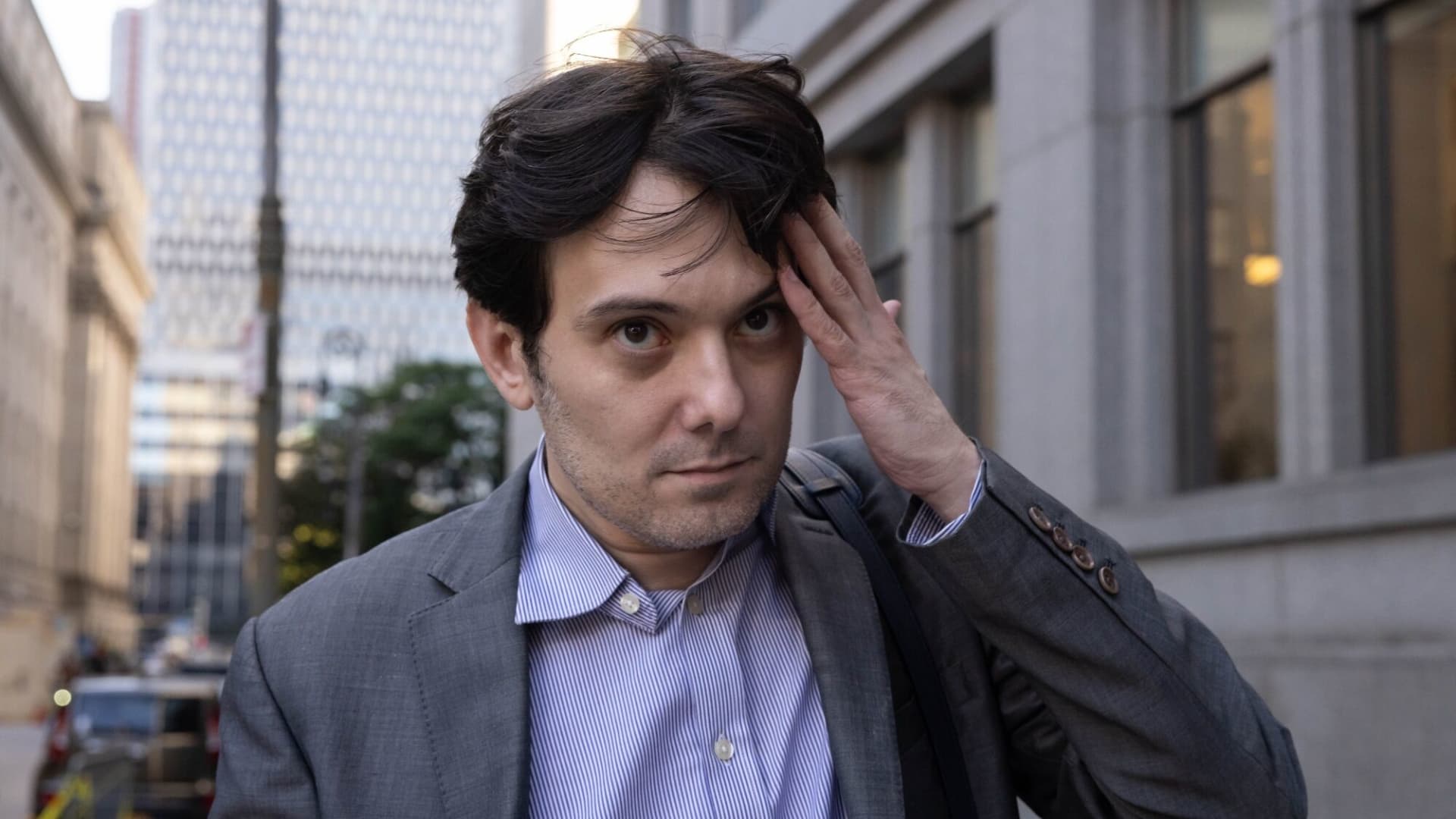Martin Shkreli, former chief executive officer of Turing Pharmaceuticals AG, exits court in New York, US, on Wednesday, Oct. 4, 2023.
Yuki Iwamura | Bloomberg | Getty Images
A federal appeals court Tuesday upheld a lifetime ban on “pharma bro” Martin Shkreli from working in the pharmaceuticals industry as well as an order to pay up to $64.6 million in disgorged profits for blocking competition to the drug Daraprim.
The unanimous ruling by a three-judge panel on the 2nd U.S. Circuit Court of Appeals came nearly two years after a New York federal judge slapped the ban on Shkreli for the monopolistic behavior of his then-drug company in the distribution of Daraprim.
The ban was in response to a civil lawsuit filed by the Federal Trade Commission and seven states, among them New York and California.
Shkreli first gained widespread notoriety in 2015 when his company raised the price of that life-saving drug by more than 4,000% overnight. He later served a prison term for federal securities fraud and other financial crimes not related to his controversial price hike of Daraprim, which is used to treat toxoplasmosis, a parasitic condition.
His lawyer, Benjamin Brafman, in a statement to CNBC on the appeals court decision, said, “The lifetime ban is too severe.”
“The courts should encourage real geniuses like Mr. Shkreli to work in the industry especially … when his conviction for fraud had nothing to do with the pharmaceutical industry,” Brafman said.
The FTC had no immediate comment.
The plaintiffs had sued Shkreli and his companies, Vyera Pharmaceuticals and Phoenixus AG, for violations of antitrust laws in preventing generic drugmakers from getting access to Daraprim that they needed to conduct testing on.
The scheme allowed Shkreli and others for more than a year to protect the profits they received from selling Daraprim for $750 per tablet, compared with the $17.50 per tablet it previously sold for.
In its eight-page ruling, the appeals court noted that Shkreli argued that Manhattan federal court Judge Denise Cote “abused” her discretion in imposing a lifetime ban on him from the drug business. He also argued that the injunction unconstitutionally limited his free speech, and that it violated a federal rule of civil procedure by not being specific enough.
The panel said the Federal Trade Commission Act authorizes the FTC to seek injunctive relief such as a ban for violations of that law, and that a judge can impose such a ban.
“We conclude that the district court did not abuse its discretion by imposing a lifetime ban
from the pharmaceutical industry on Shkreli because an injunction of that scope was within the range of permissible decisions,” the ruling said. “The district court found, and Shkreli does not dispute, that Shkreli’s illegal scheme was “egregious, deliberate, repetitive, long-running, and ultimately dangerous.”
The ruling also noted that Shkreli, in challenging the monetary penalty, for the first time in his appeal argued “that district court erred by relying on federal law remedies in imposing joint and several disgorgement on him under New York law.”
The panel noted that “Shkreli never made this argument” to Cote “and he proffers no reason now for his failure to raise arguments there.”
At trial, Shkreli relied “exclusively on federal equity jurisprudence” — not on any state law — in arguing that he should not be ordered to disgorge profits.
“Therefore, the circumstances here do not persuade us that we should exercise our discretion to address this new argument on appeal,” the panel said in its ruling. “Given his strategic decision in the district court, there is no injustice to Shkreli by us declining to address his new argument.”
In a footnote, the panel said that even if Shkreli had not effectively waived his argument by not raising it at trial, “it would still fail.”

